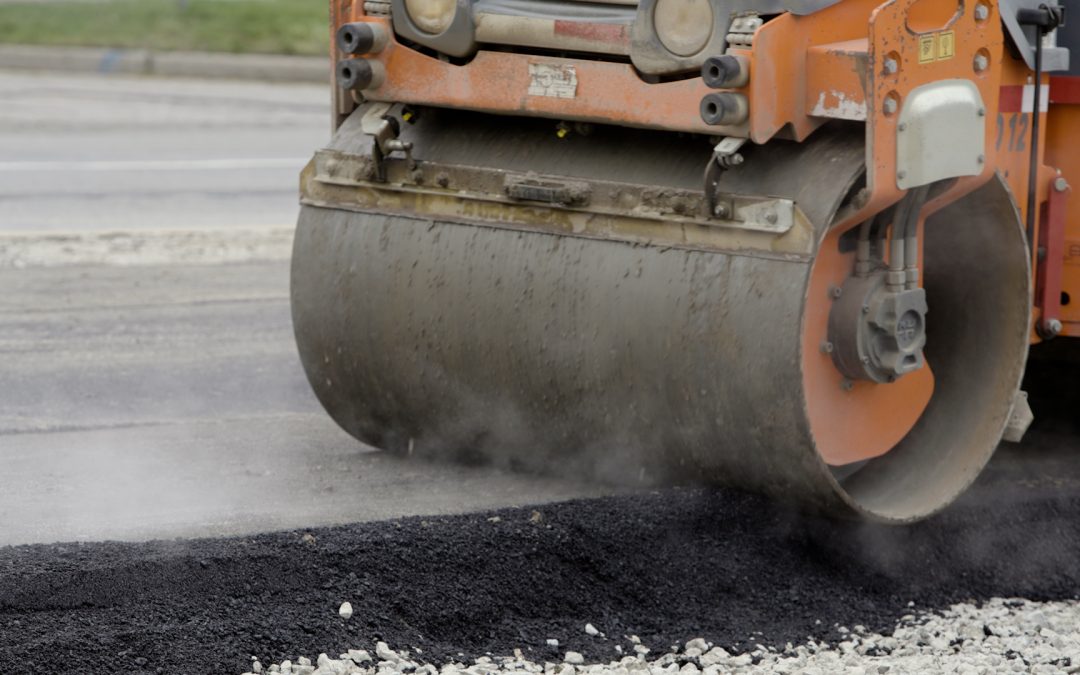This opinion piece was published in Bridge Michigan and was written by John F. Hanieski, Ph.D., the former chief economist of the Michigan Department of Commerce. For more, click here.
With the transition to electric vehicles, motor fuel taxes will diminish and ultimately disappear. It is important to find a way to fund transportation infrastructure as America moves away from internal combustion engines.
An ideal solution, however, should also address Michigan’s persistent underfunding of road and bridge maintenance and improvement. A recognition that safe and viable transportation infrastructure is a public good would be a promising start toward a solution to Michigan’s roads and bridges problem.
Public goods are things or services that are available to all and provided by the government. Law enforcement is an example of a public good. We don’t pay fees when we summon help from the police. Public schools are another — we don’t ask second graders to pay a fee to learn arithmetic.
Well maintained roads and bridges are public goods just like police or schools. Anyone who relies on a dependable transportation infrastructure is a “user.” If I need to have the ambulance arrive to take me for medical care, I depend on the roads to be passable. If I want to have food, clothing and stuff in the stores, I depend on the roads to be passable. If I want to travel to desired destinations, I depend on the roads to be passable.
All Michigan residents are users of the roads whether they drive or not. Yet there is a persistent canard that this particular public good should be financed through user fees tied to fuel consumption. As internal combustion vehicles have steadily improved fuel efficiency the road funding problem has worsened.
It is clear that the funding for maintenance and improvement should be broad based, not just borne by vehicle owners — personal or corporate.
Replacement of the motor fuels tax by raising the net personal and net corporate tax rates involves a 9.9 percent increase in the rates. For the personal income tax of 4.25 percent the rise would be slightly more than four tenths of one percent to 4.67 percent.
That, together with a similar rise in corporate income tax, will generate the nearly $1.4 billion currently collected.
To address the underfunding of roads, a 15 percent increase in funding to $1.6 billion annually is not unreasonable. Based on data from the State Treasurer’s Annual Report for FY2021, that would involve approximately $200 million increase in expenditures.
Since we all depend on the roads being passable, elimination of the motor fuels tax with an increase in the personal income tax and the corporate income tax of 15 percent is consistent with funding public goods. Don’t forget that taxpayers would no longer pay a motor fuels tax.

